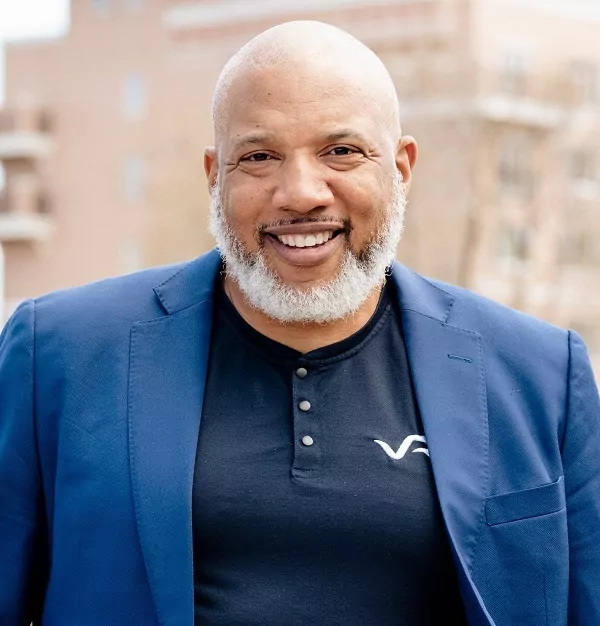By John Register
Disability plays a significant role in the overall diversity, equity and inclusion (DEI) conversation. Despite this, it is often the last group considered in the conversation, with many organizations failing to fully understand the unique challenges and contributions that people with disabilities bring to the workplace.
One reason why disability is often overlooked in the DEI conversation is that it is not always visible. Many disabilities are not immediately apparent, which can lead to misunderstandings and assumptions about a person’s capabilities. Additionally, there is often a lack of awareness and understanding of the various types of disabilities and the ways in which they can impact a person’s life and work.
However, people with disabilities bring many benefits to the equity in the DEI conversation. They offer unique perspectives and experiences that can lead to more inclusive and innovative solutions. They also challenge the traditional notions of productivity and ability, reminding us that everyone has something to contribute. Inclusive hiring policies and accommodations, such as flexible work arrangements, can also lead to increased productivity and job satisfaction for all employees.
As a paralympic athlete and inspirational keynote speaker, I know firsthand how people with disabilities can add credibility to the conversation about disability in the workforce. As an above-the-knee amputee, I faced many challenges, including in the workforce. But I am facing these challenges head-on by using my story and experiences to inspire others and advocate for greater inclusion and accessibility in the workplace.
There are several ways to increase awareness of how people with disabilities are a value-add to the DEI workforce. One way is to actively seek out and include people with disabilities in the hiring process. This can include recruiting from organizations that focus on disability employment, such as the National Disability Institute, the National Organization on Disability, the American Association for People with Disabilities and the Amputee Coalition. Additionally, companies can also provide training for their employees on the subject of disability and its impact on the workforce.
Another way to increase awareness is to provide accommodations and support for employees with disabilities. This can include providing assistive technology, flexible work arrangements and accessibility training. Companies can also promote disability-inclusive initiatives, such as mentorship programs or employee resource groups.
In conclusion, disability plays a crucial role in the overall DEI conversation. Despite this, it is often the last group considered in the conversation, with many organizations failing to fully understand the unique challenges and contributions that people with disabilities bring to the workplace. However, people with disabilities bring many benefits to the equity in the DEI conversation, and it’s essential to increase awareness of how people with disabilities add value to the DEI workforce by actively seeking out and including people with disabilities in the hiring process, providing accommodations, support and promoting disability-inclusive initiatives.



